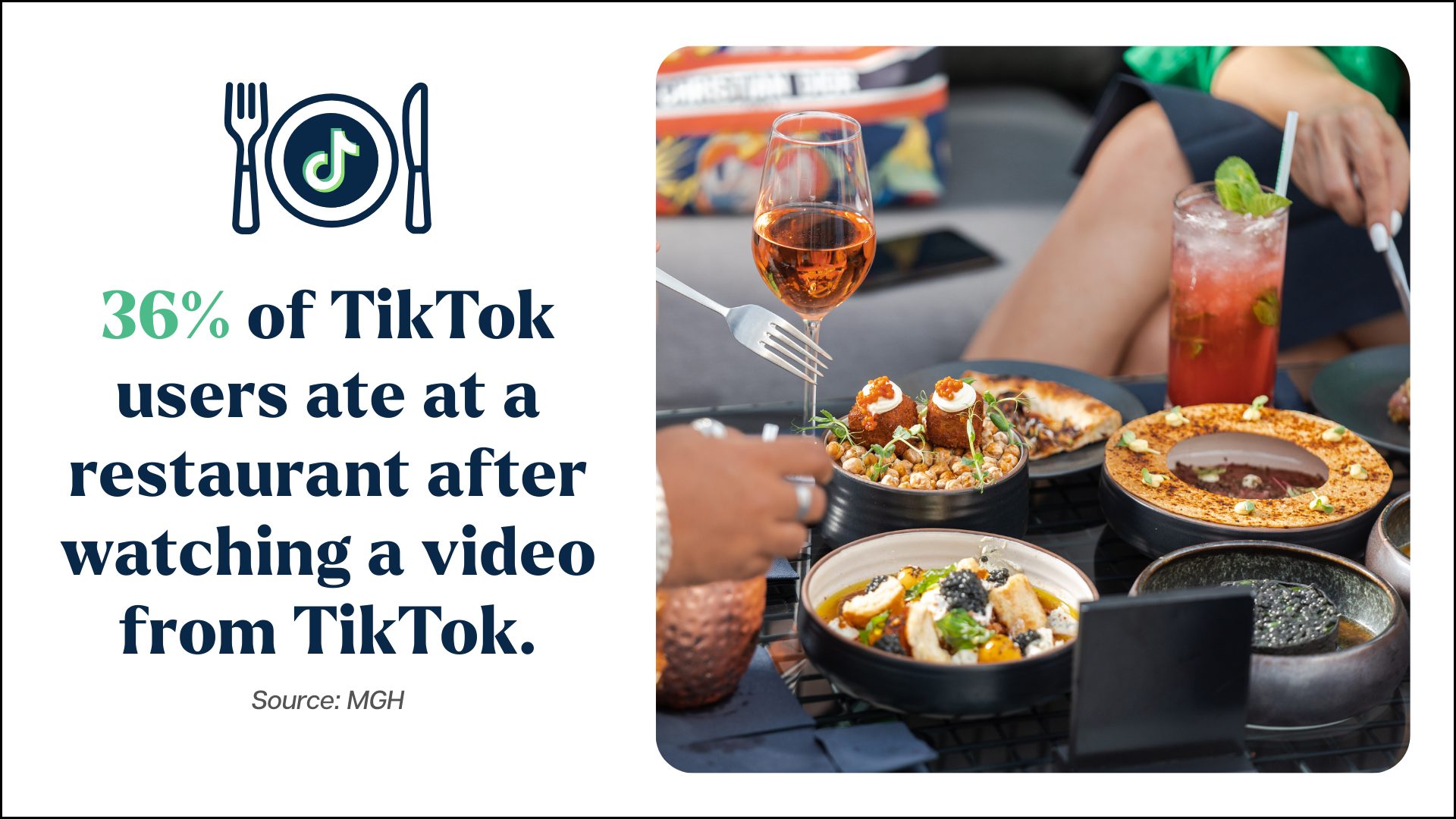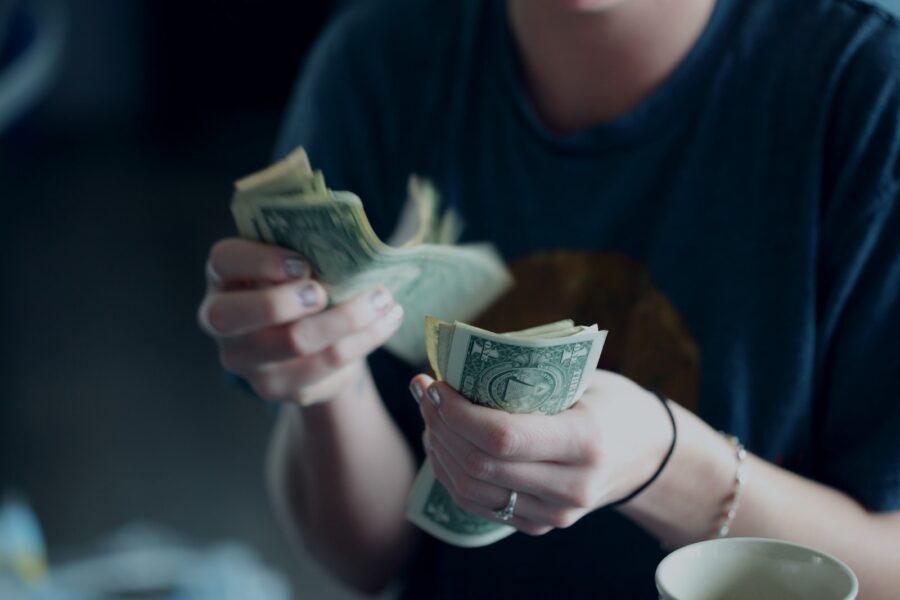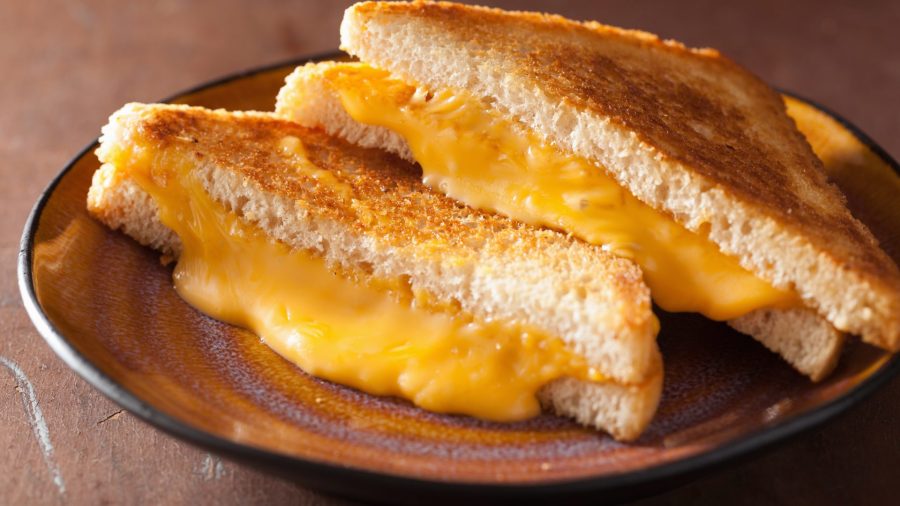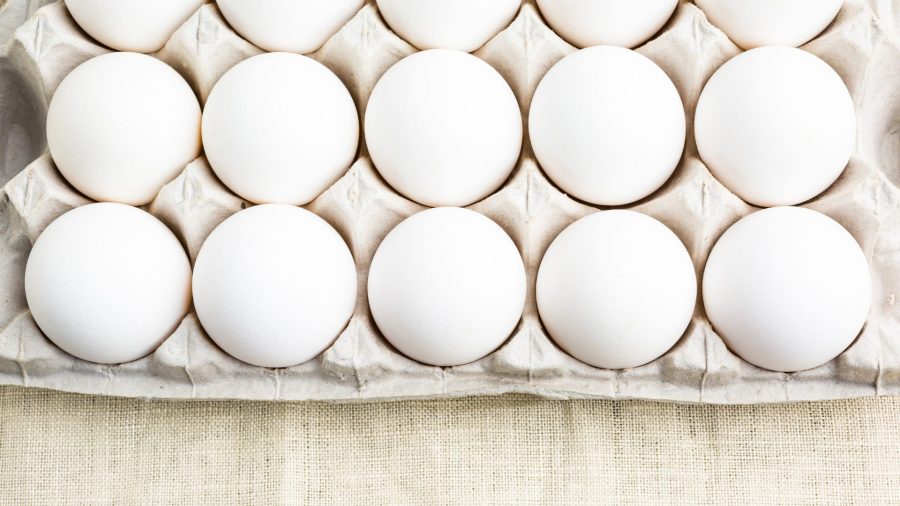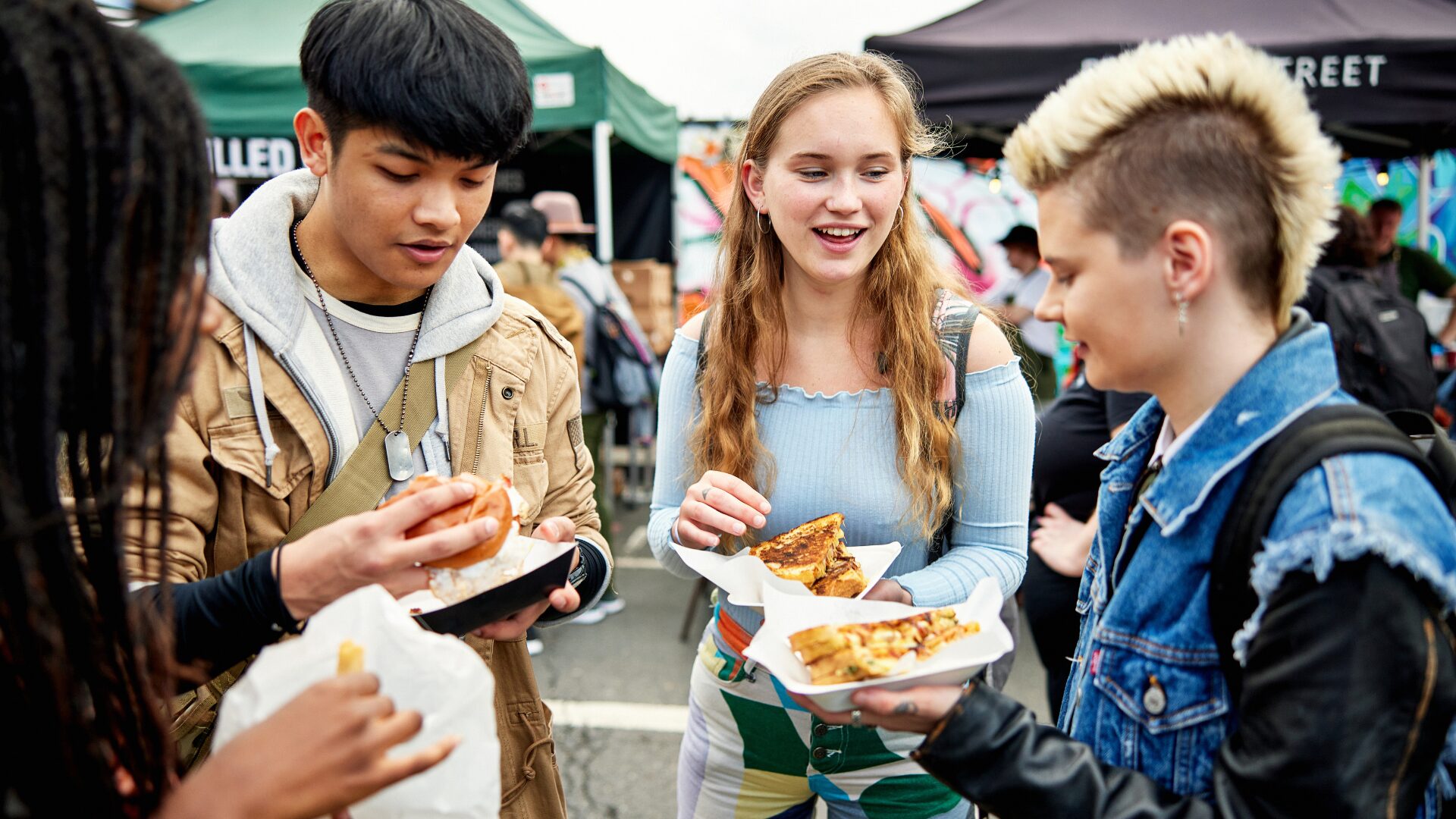The details may be scant, but U.S. and Chinese officials have reportedly reached a framework agreement to transfer TikTok to U.S. control. The news comes days before the U.S.’s final divestment deadline of Sept. 17.
Food and beverage operators and influencers welcome the decision.
“Ownership questions aside, TikTok is already embedded in food culture,” Alison Buckneberg, senior director of food PR at Curious Plot, told The Food Institute.
“TikTok is as universal as food is.”
A TikTok economic impact report from last year found that the app reportedly added $24 billion to the U.S. economy, benefitting small- and medium-sized businesses. The report also noted that 52% rely on the app to stay competitive.
Kathrin Hennon, founder of better-for-you donut brand Planet Bake, told FI that TikTok’s permanence in the U.S. market would offer a boon to smaller businesses.
“Clarity around TikTok’s future is a game-changer. With limited budgets, [small businesses] need certainty before investing in new channels, and this news finally gives us the confidence to compete alongside larger players in the food and beverage space,” said Henon.
Gen Z’s affinity for short-form video content, as well as TikTok Shop’s stake in the food and beverage industry, make TikTok a crucial app to engage younger generations. Roughly 82% of Gen Z have a TikTok profile, compared to 58% of Americans across generations, according to data from Sprout Social.
On the influencer side, food and drink nano- and micro-influencers are more likely to have success on the app than other influencer types, indicating a clear benefit to the industry. The app also plays a central role in today’s fandom culture, particularly around food ingredients and CPG/foodservice offerings.
A survey from marketing agency MGH found that 36% of TikTok users ate at a restaurant after watching a video from TikTok. Recipes traced to the app, such as feta pasta, caused U.S. sales spikes after going viral, contributing to increased purchases and grocery store visits.
What We Know About the Deal
Treasury Secretary Scott Bessent confirmed the deal on Monday following negotiations in Madrid with Chinese officials.
“We have a framework for a TikTok deal… President Trump and party chair Xi will speak on Friday to complete the deal,” Bessent told journalists.
“We’re not going to talk about the commercial terms of the deal. It’s between two private parties, but the commercial terms have been agreed upon.”
President Donald Trump confirmed the Friday meeting in a Truth Social post, while also alluding to an amicable deal involving the social media app. A spokesperson for J.D. Vance told NBC News that Americans will be able to safely continue using the app.
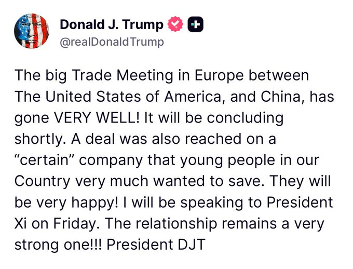
On Jan. 20, 2025, President Donald Trump signed an executive order to delay the enforcement of PAFACA until Sept. 17, giving the Chinese operators time to find an ideal buyer.
Proponents of the bill cited security concerns with the data collected on Americans, as laws in China allow for the government to access ByteDance’s data. Critics, however, note the app’s central role in U.S. culture and commerce.
On Monday, Bessent explained that the U.S. interest is focused on making sure the deal is fair to China while also addressing U.S. national security concerns.
Buckneberg noted that the central question of the deal has not yet been answered: will it remain the same? An ownership change could modify how the platform runs, which may necessitate changes to the algorithm that could hurt the app’s efficacy for the sake of privacy.
“TikTok users emphasize that the reason they love the channel is that it feels more real and relatable than others. In the end, could TikTok lose its luster if those things change?” she said.
TikTok is the fifth most popular social media app, with roughly 1.58 billion monthly active users.
The Food Institute Podcast
How can a food industry trade show spark global culinary creativity? Anuga’s JP Hartmann, U.S. Consul General Preeti Shah, and World Food Championships’ Nikki Jackson share their perspectives on how the U.S. presence at Anuga 2025 is helping to bridge culinary experiences together.




